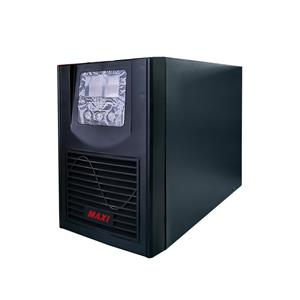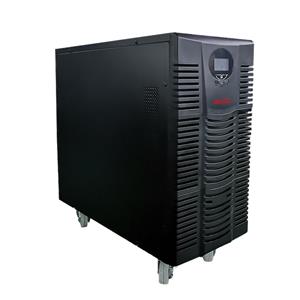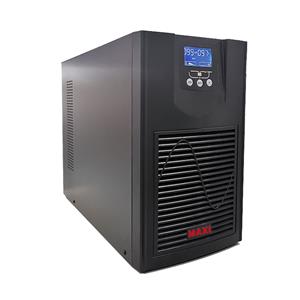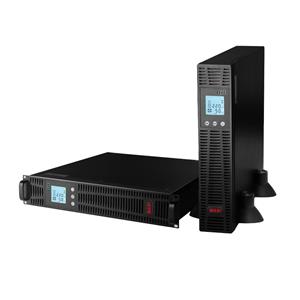What's the Difference Between Single Phase and Three Phase UPS?
What's the Difference Between Single Phase and Three Phase UPS?
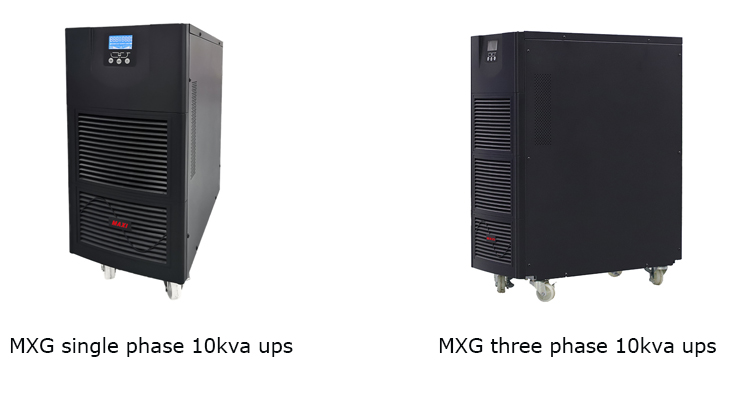
The key difference between single phase UPS and three phase UPS are the following points:
Conductor: The number of the conductor in single phase and three phase system is different. Single phase UPS contains one conductor while three phase UPS supply power through three conductors.
Sine wave: Single phase UPS provides a single sine wave, while three phase UPS provides three sine waves, each out of phase and spaced 120° apart from each other.
Voltage: Single phase voltage is 120V in North America, while the phase to phase voltage for a three phase system is 220V, and the phase-to-neutral voltage is 120V.
Maintenance: The plug and play characteristic of single phase UPS makes it easier than three phase counterpart to install and set up without the need for outside installation.
Efficiency: For low power requirements, single phase UPS is more efficient that three phase UPS. But when the demand for power is higher, three phase UPS shows more efficiency to carry a greater load in a safer manner.
Cost: The equipment in three phase UPS system will have longer life expectancies and the transmission lines for three phase power do not need the heavy gauge copper wires as single phase UPS, thus, in the long run, three phase UPS will save more money.
Application: Single Phase UPS units are available in those applications with lower kVA requirements, generally less than 20kVA, such as homes, small business and satellite offices. Three phase UPS units are commonly used in large installations, such as data centers, and large industrial power applications with higher power requirements.

